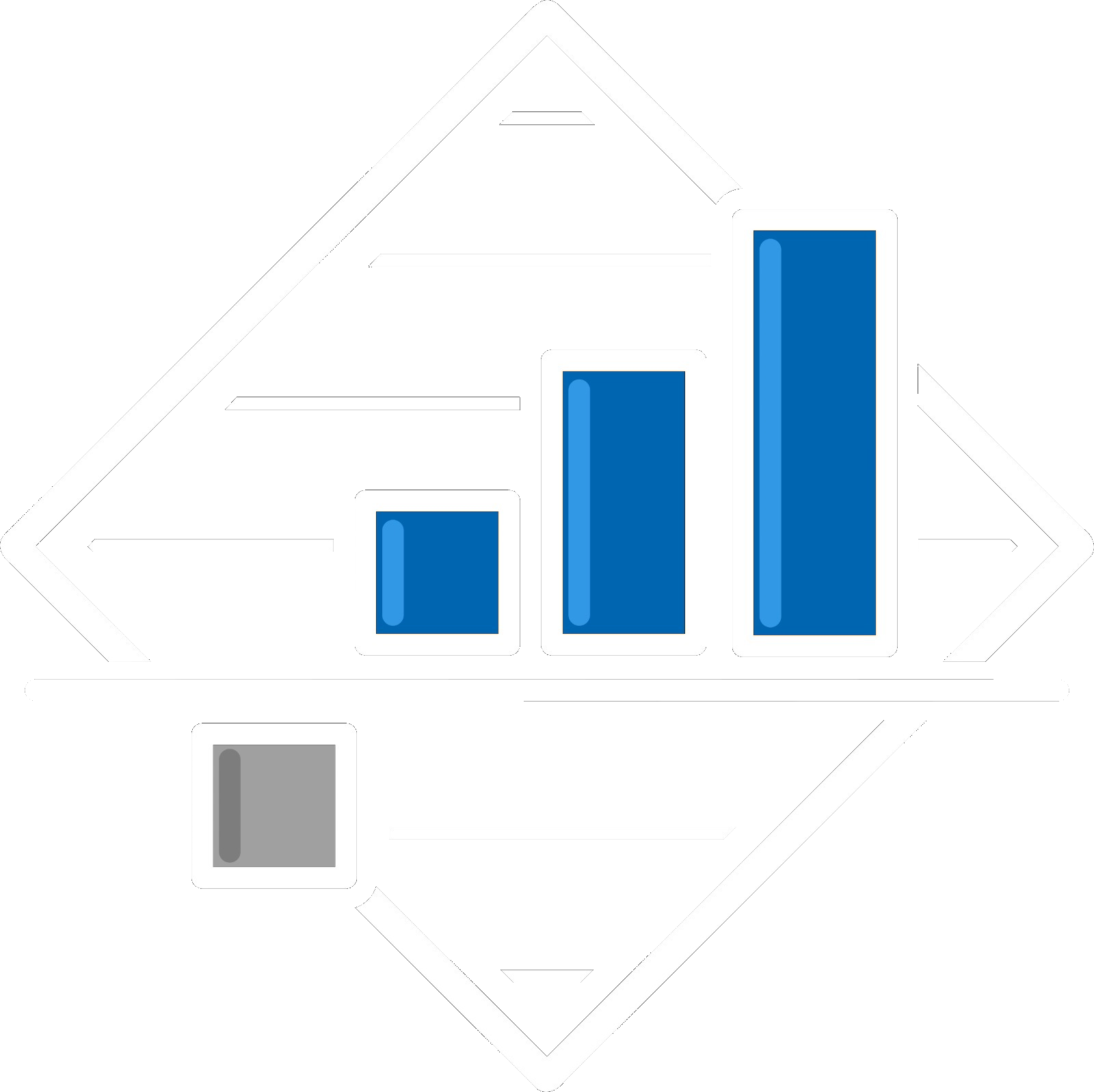Starting 1 July 2026, the Australian government will require employers to pay employees' superannuation contributions concurrently with their salaries and wages. This significant reform aims to strengthen Australia's superannuation system, ensuring a more comfortable retirement for workers and streamlining payroll management for employers.
The Benefits of Payday Super
Payday super is a simple yet powerful change with numerous benefits for both employees and employers. A 25-year-old median income earner currently receiving their super quarterly and wages fortnightly could see an increase of around $6,000 or 1.5% in their retirement savings.
For employers, more frequent super payments will lead to smoother payroll management and fewer liabilities accumulating on their books. Employees, on the other hand, will find it easier to track their super payments, reducing the risk of exploitation by unscrupulous employers.
This reform will particularly benefit workers in lower-paid, casual, and insecure positions who are more likely to miss out on less frequent super payments. Notably, women are overrepresented in this demographic.
